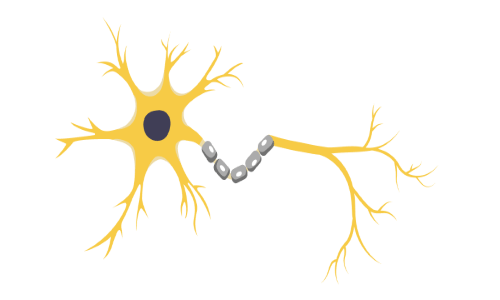
Integrative Advanced Workshop: EMDR, Ego States, IFS
Open to access this content

Open to access this content

Open to access this content

Open to access this content

Open to access this content

Open to access this content